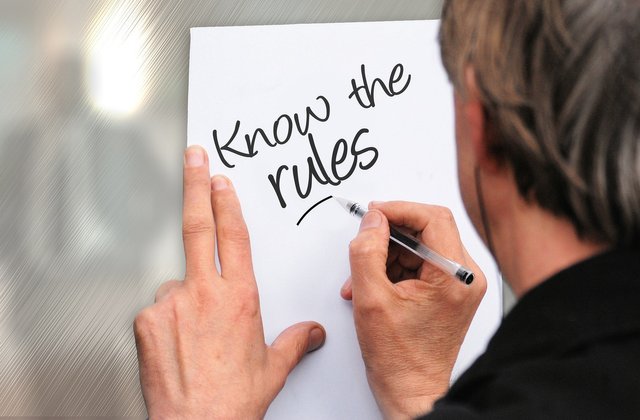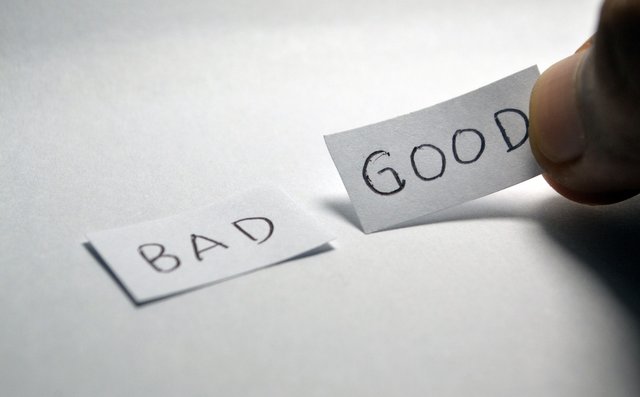“My relationship with my family and friends has improved because I have more time for them.”

Most people hear the word emotionally strong and assume it means the ability to ignore or not feel their feelings. But this is totally wrong...
Emotional strength isn't about getting rid of difficult emotions - it means knowing how to respond to them in a healthy way.
For example:
Being emotionally strong enough to deal with anxiety means learning to accept your worrying thoughts and feelings instead of constantly running away from them.
Being emotionally strong when you are sad means being willing to feel your sadness and accept your loss instead of letting yourself get distracted by it.
Being emotionally strong when you are angry means validating that anger instead of denying it or criticizing yourself.
Of course, developing a healthy relationship with your emotions is hard work—one that allows you to be resilient and strong in the face of painful feelings, rather than fragile.
But it is possible.

And the most effective way to do this is to continually build habits that foster a more tolerant and accepting relationship with all of your feelings—even the painful ones. If you want to become emotionally strong then adopt these 4 habits.:
(1) Control your mind, not your emotions:

Like any sadness, our automatic response to harsh feelings is to try to control them—usually in an attempt to avoid or "fix" them.
And this propensity to control is understandable, why we are so good at controlling in most areas of life:
• You are good at controlling work and coming up with creative solutions.
• You are good at controlling and fixing leaky drains under the sink at home.
• When you get nothing, you take control, and it is better to have help at the brokerage shop.
Many areas of our lives are governed and nurtured by our own, related needs. But here's the thing...
Emotions are not under our direct control.
Go ahead and date it:
• I want you to be able to control your moods and experience genuine happiness. Alternatively, if you no longer want to be as sensitive, feel free to let go of that sensitivity.
Of course, these are fun experiments to learn from because you don't have a happiness dial that you can adjust however you want. Or an anxiety button that you can toggle on and off.
You can only control your emotions in a relationship, mainly how possessive you are and who you are possessive of.
For example:
• If you're feeling embarrassed about a mistake you made at work, focusing on remembering the details of that mistake over and over again will only make you feel more embarrassed. On the other hand, if you can fix or learn to fix your focus problem, you can start to feel better pretty fast.
“When you try to control things that you don't have control over - like, you will only create more aches and pains for yourself in the long run.”
Constitutionally strong people control their attention and what they focus on. Instead of panicking according to their mind's instincts, they keep their focus on what matters and avoid getting caught up in useless thoughts such as worrying or worrying.
If you want to be stronger than more connected, accept your feelings and take control of your attention.
"Crying doesn't mean you're weak. Right from birth, it's always a sign that you're alive."
-Charlotte Bronte
(2) Make kindness a habit:

Most people remain cruel and hard on themselves about hardship.
“It makes sense because this is what most of us are happy with as children: If you want to be strong—a strong student, a strong will, a strong creation—you have to work hard to achieve it yourself.”
Unfortunately, this toughness approach doesn't work really well with tough feelings. And the harder you focus on yourself for feeling distressed, the worse you'll feel.
For example:
• If you start berating yourself for being weak and not strong enough every time you feel reflective, you will soon experience both reflective and ashamed emotions. So your overall risk is very high.
• You will now experience shame in addition to sadness if you constantly judge yourself as being egotistical or self-centered. It will therefore be quite challenging for you to deal with your melancholy in a healthy manner and move on.
Here's the big point:
When you respond to sad feelings with negative self-talk, you train your mind to feel ashamed when you feel bad.
Equally, strong people realize that being kind when you feel bad is actually very helpful. In other words, they practice compassionate self-talk.
Now, if these sounds a little woo-woo or New-Age, it's not at all. Self-compassion simply means applying the same level of kindness and support that you would a friend who was struggling on their own.
For example:
• If a friend was feeling sad for no apparent reason, you wouldn't tell them to "stop being such a baby and snap out of it."
• If a friend is feeling sad, you're making her vulnerable by lying, and she should just "make it stop."
True authority comes from power, not criticism.
"Words really are. And the words that matter most are the ones you say to yourself."
- David Taylor-Class
(3) Use Values, Not Emotions, to Make Decisions:

Intensely strong people number their feelings, but sometimes they don't take orders.
Unfortunately, our cultural approach to emotions is one of extremes... Most people view emotions as either a way to dispel ignorance and ignorance, or they are semi-mystical experiences that should lead us to truth and ultimate knowledge. Let's go
In hindsight, are too vague. They are a living mechanism that has adapted over hundreds of thousands of years. And while they're quite useful in some documents, they're often unhelpful for websites.
For example:
• If you are walking down the street, hear a very distinct sound, and out of fear you quickly look up and notice a car that is about to hit you, this is a very useful example of emotion.
• But if you're sitting in a meeting and want to share a great idea, but then fearing other people will think your idea is stupid causes you to back away, it's not so helpful.
It's just this:
Your feelings will lead you astray as often as they guide you.
Deeply strong people know that in the face of the tough, their feelings get the best of them. But ultimately, they use their values and reason to guide their decisions, not the pervasive fad of the moment.
Think about it:
• How often would you exercise if you only listened to your feelings and what you felt at the moment, and ignored your pending cases and tolls for the sake of health and obligation?
• If you only look at your feelings and how you feel about making a record and ignore your prices and fantasies, how much of a project will you actually build and result in?
• How old do you leave a relationship if you look at your emotional feelings about asking someone out and ignore their resume and admissions for a fraction?
Listen to all the feelings, but don't blindly take orders from them.
Mildly strong people are less able to resist the pull of emotion because they take the time to articulate their summaries. As a result, they are better able to make decisions that are good for them in the long run, rather than just acting impulsively on whatever seems easier at the moment.
“Motivation comes after starting again and again, not before. Action creates momentum."
-James Clear
(4) Set (and enforce) healthy boundaries:

It's hard to set healthy boundaries and enforce them...
• Your manager may find it intimidating that you'll never be late again to take care of someone else.
• Strange and looks for something different in your sex life from your partner.
• It hurts to say no to your family member who always asks for money (and you never mind).
But living without good boundaries is even more difficult...
Chronic stress and burnout from always working overtime and staying up
Persistent low-level imbalances and lack of interconnectedness do the same old thing in sex year after year, decade after decade.
Habitual frustrations, conflicts and bonds reinforce a nature in a family member and then constantly yearn to change them.
Stupidly strong people know that you can't be connectedly healthy if you don't sometimes stop for yourself and your appearance and beauty.
Unfortunately, establishing and implementing healthy habits is a classic long-term problem: like eating a healthy diet, attending school, or investing your money instead of spending it, what seems easy in the short term usually isn't. But good results are available in the long run. And those who work hard at the details often end up with great results.
So even with setting and enforcing healthy boundaries…
• It's hard to ask what you really want.
• It's hard to say no to people and enforce those boundaries.
But here's the thing...
“Most people do not listen with the intent to understand; they listen with the intent to reply.”
-Stephen Covey
Just because it sounds bad doesn't mean it is bad.
It feels bad at this point to say no to an overbearing manager or manipulative family member. But don't mistake the fact that it looks bad for whether it was a good decision or not.
If you want to become stronger up close, practice effectively communicating your presence and demeanor and setting (and enforcing) healthy boundaries.
"No" is a complete sentence.”
- Annie Lamott
All You Need to Know
If you want to become relationally strong, adopt these 4 responses:
- Control Your Mind, Not Your Emotions
- Practice compassionate self-talk
- Use values, not emotions, to make decisions
- Set (enforce) healthy boundaries.
Are you tired of trying to make positive lifestyle changes and always failing?
I want to help more and more people like you to get rid of unhealthy habits and make positive lifestyle changes. More importantly, I want you to start practicing healthy habits—today!
Click Learn More "The Healthy Habits Video And E-Book" for free